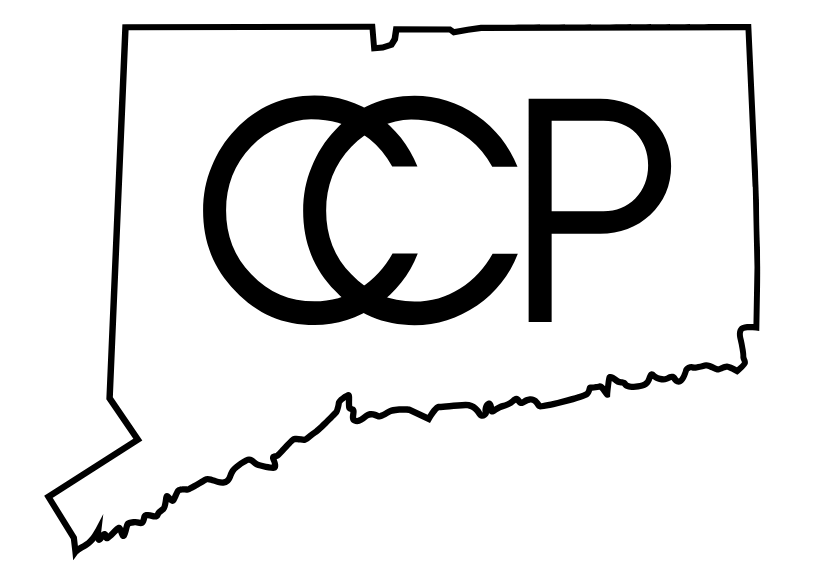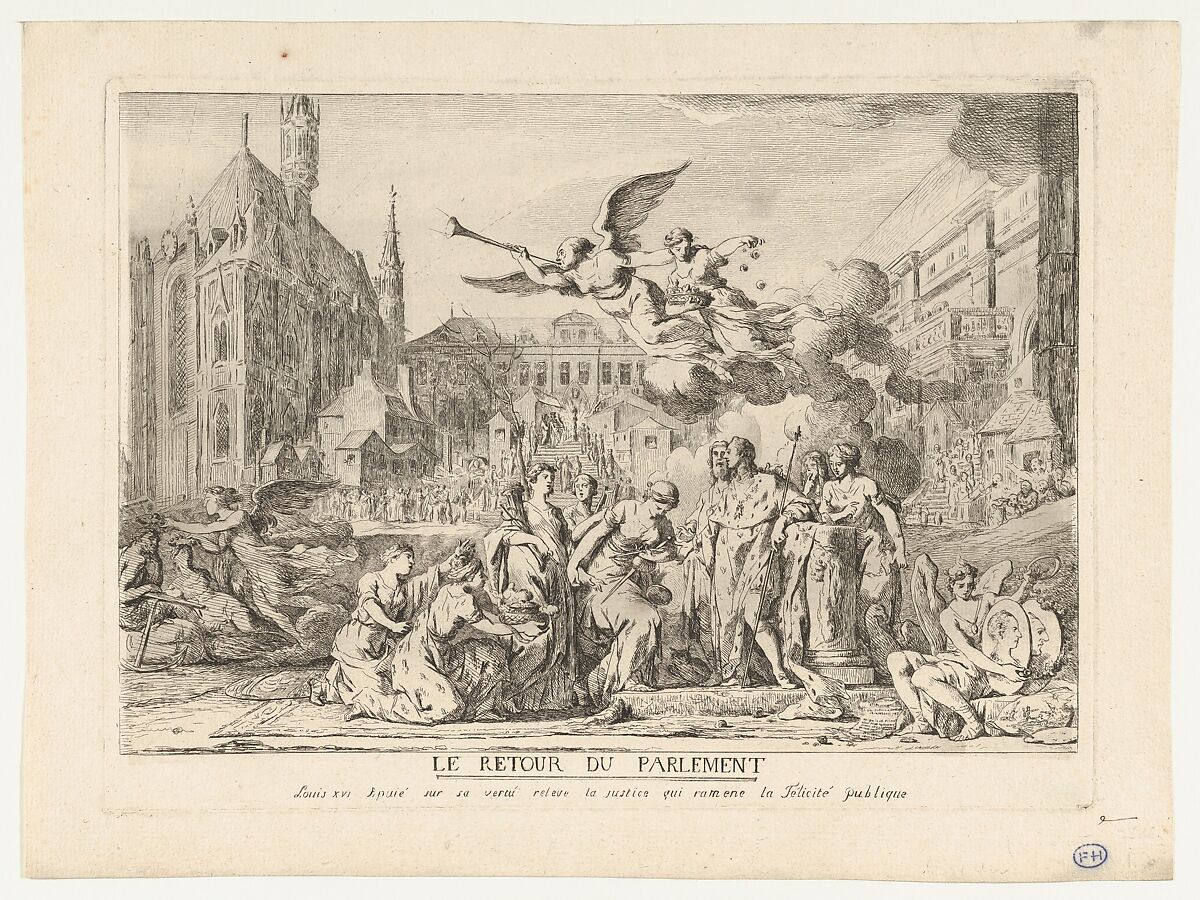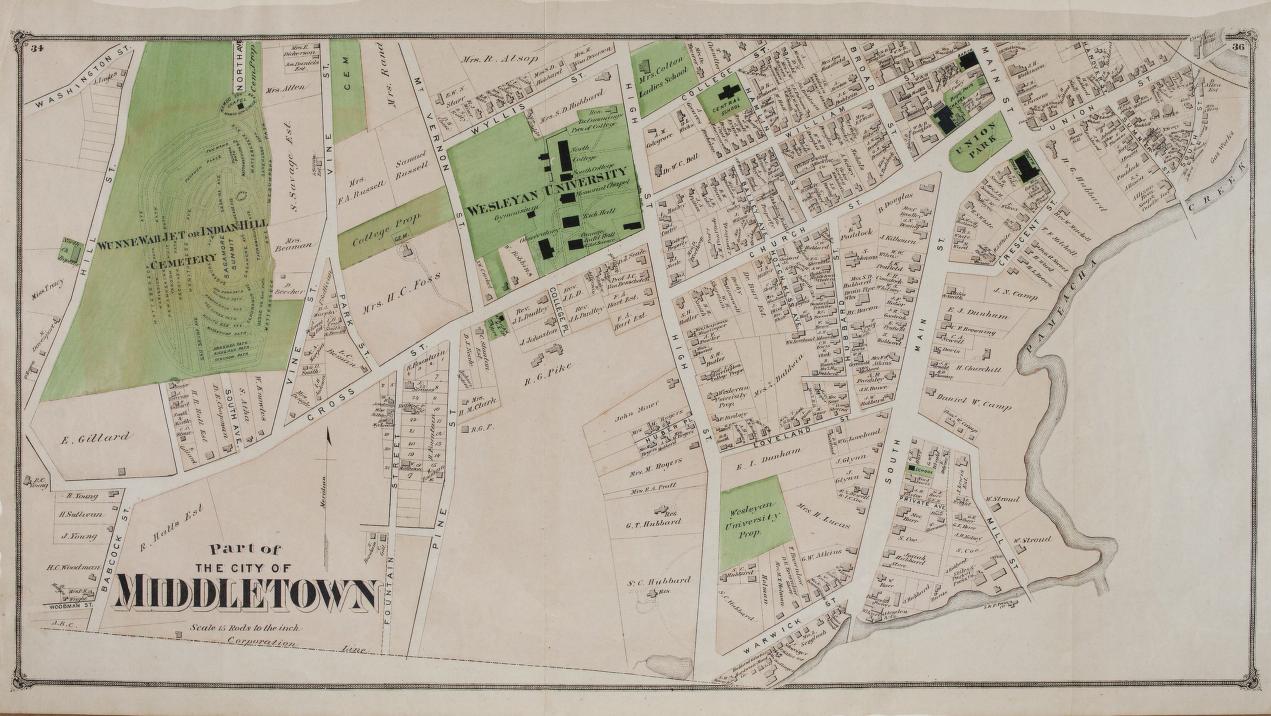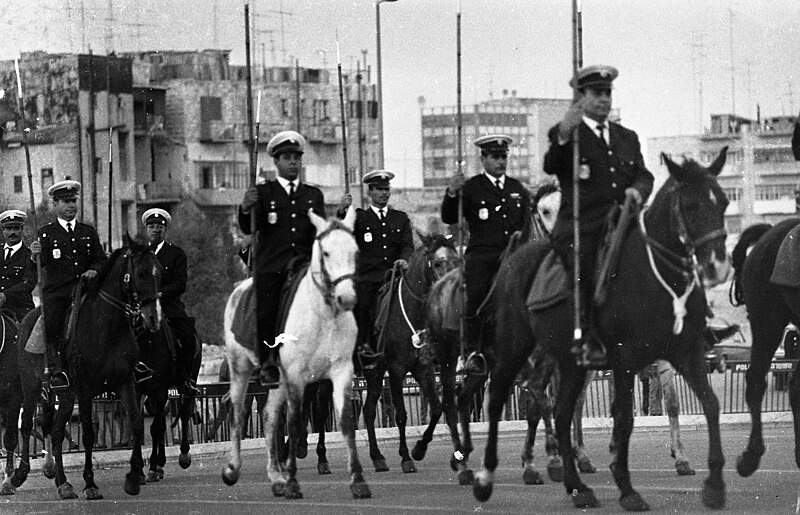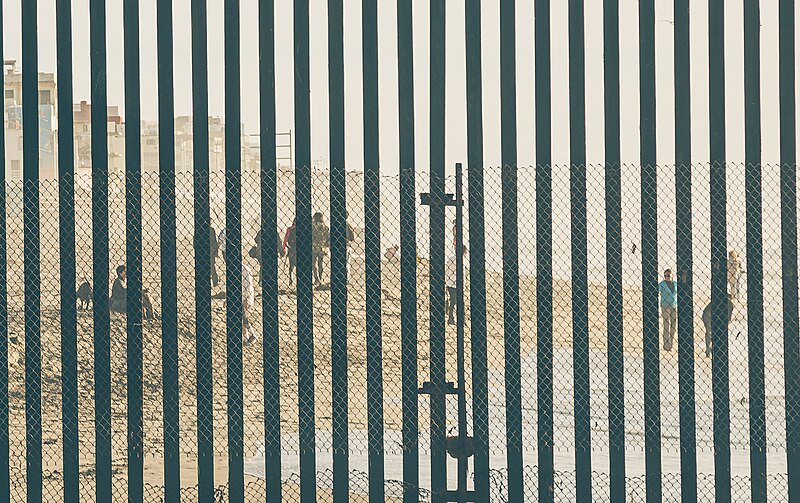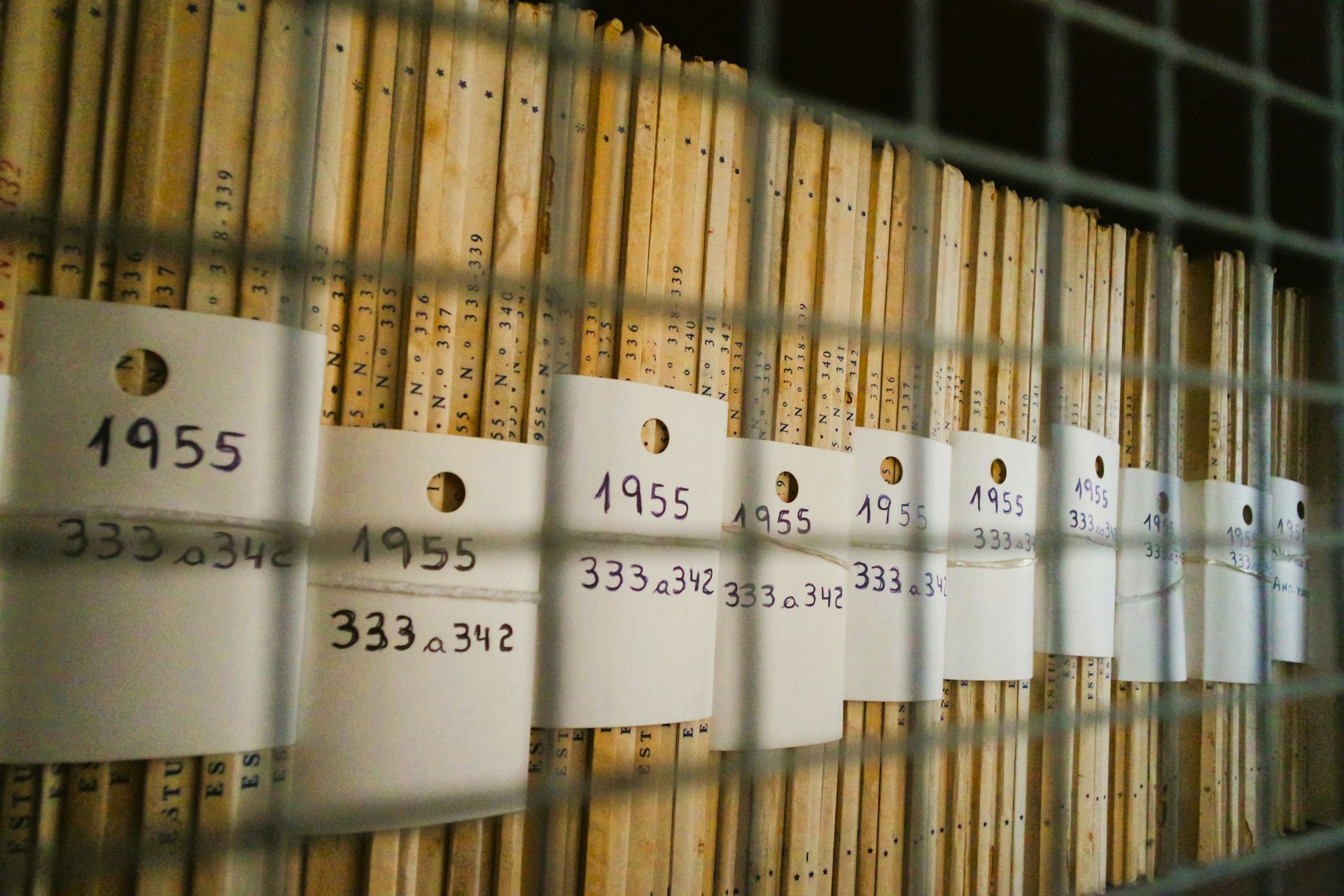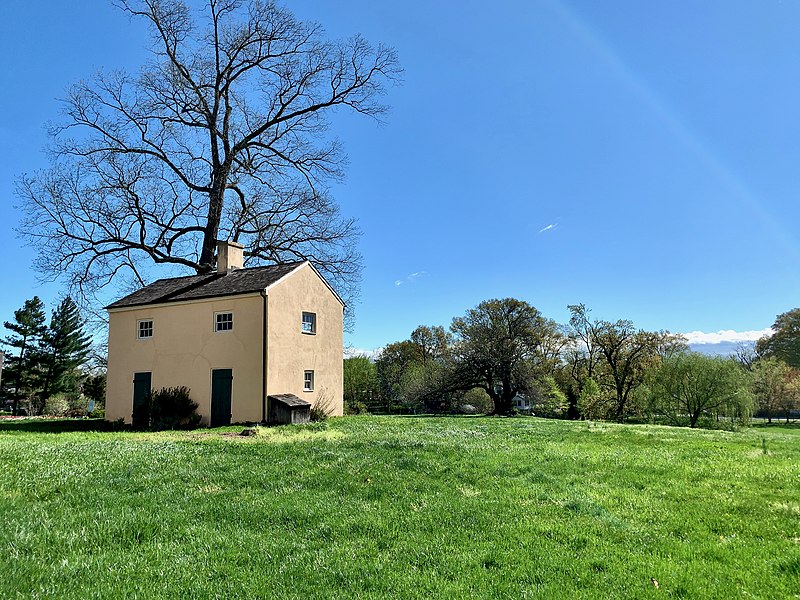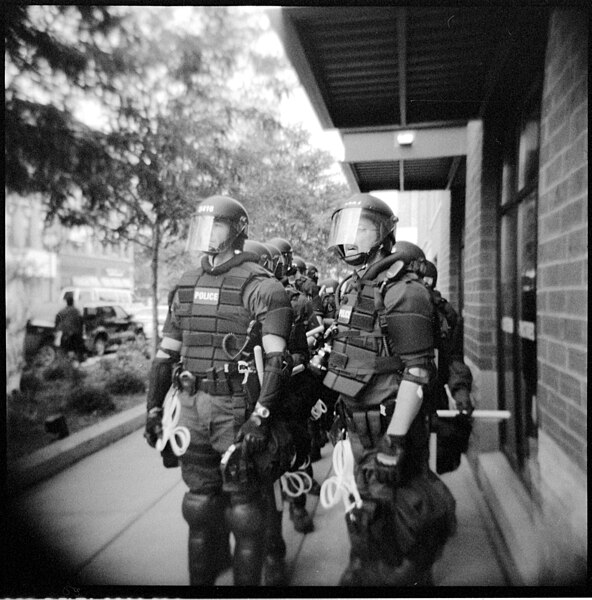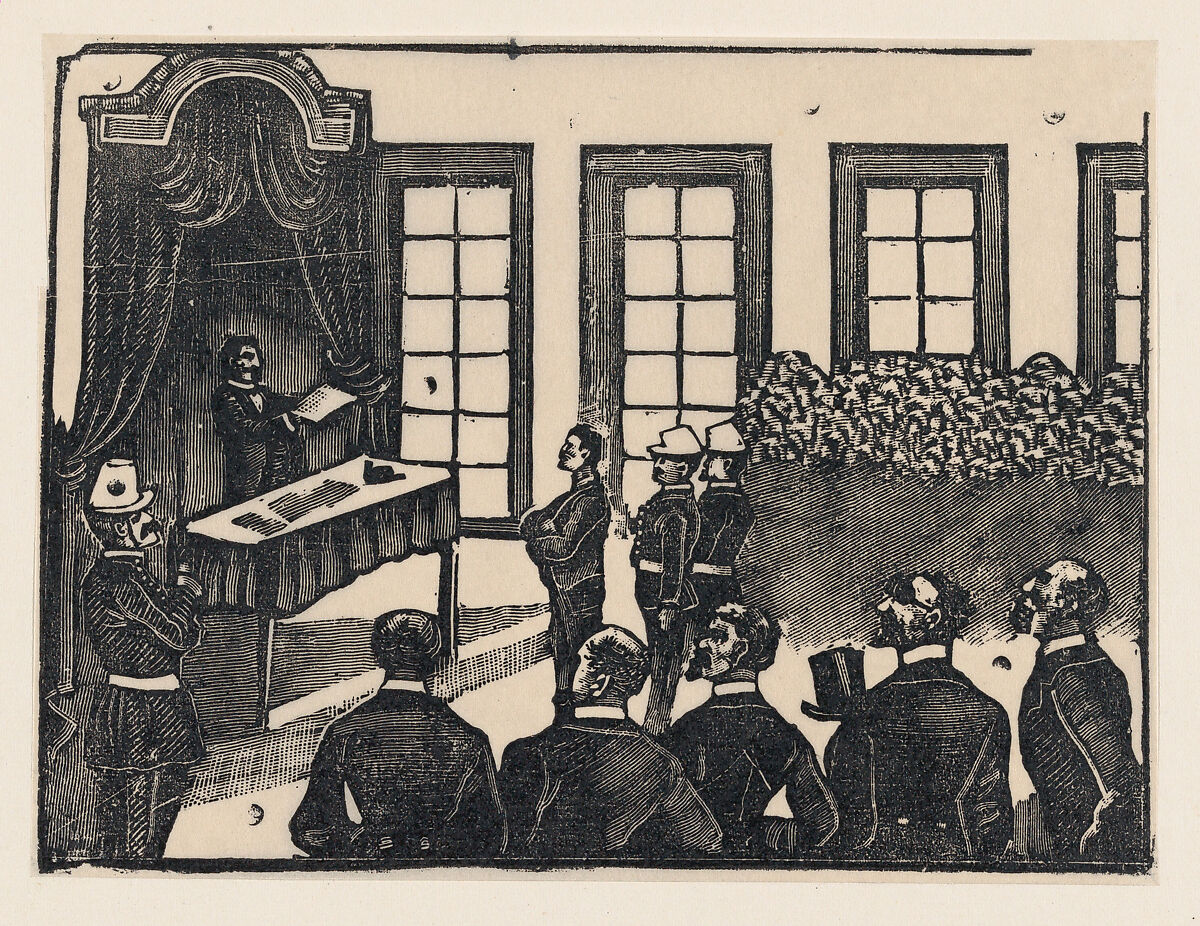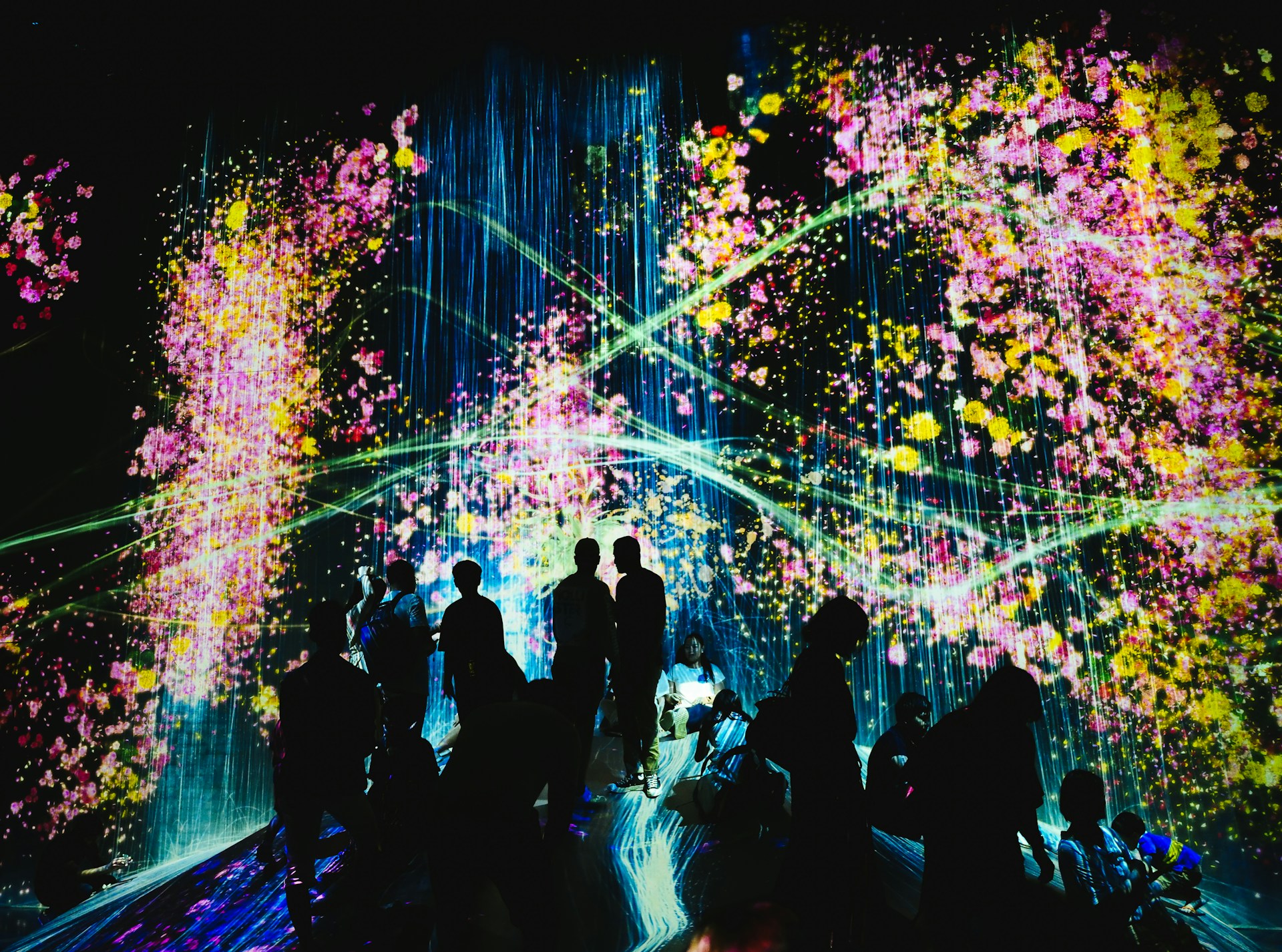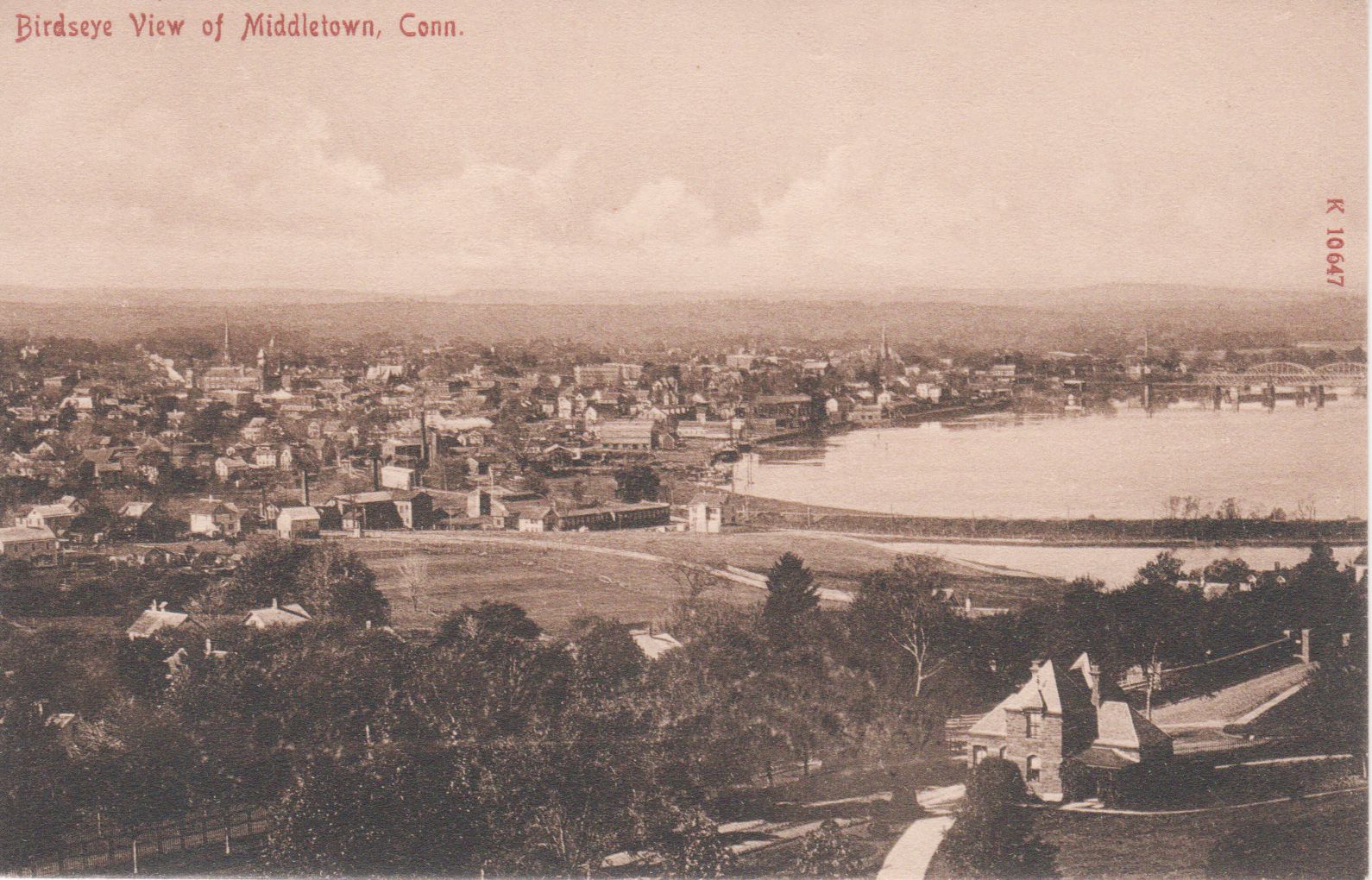Transitional justice refers to the variety of legal, political, and social processes that occur as a society rebuilds after war;
Courses
The following courses were offered at Wesleyan University as part of the Carceral Connecticut Project.
In this service learning course, students did hands-on history by uncovering, preserving, and sharing Middletown's rich African American past. We
This course examined the history of policing in the United States by considering the contexts and conflicts that birthed and
This course examined how history operates outside of the classroom and the ivory towers of academia. It introduced students to
The U.S./Mexico border is not only a geographical boundary, but a complex mapping project, where governments and corporations project their
This project-based course provided a unique cross-disciplinary opportunity to study important historical questions surrounding firearms. Combining quantitative methodology in data
This course introduced an interdisciplinary study of the idea of evidence in connection to the modern development of archives, museums,
Monuments, museums, historic sites, archives, burial grounds, genealogical societies, and films have all contributed to the contested legacy of slavery
During this seminar, we developed a digital group project that addressed the question of remembering and denying pasts through the
This course examines the history of policing in the United States, beginning with its 19th-century origins, modeled after the practices
The tensions between rule by the people, rule by elites, and rule of law are at the core of democratic
Combining oral history, visual storytelling methods, and documentary performance in a workshop format, this course will reenact court transcripts and
This course examines the changing place of guns in U.S. society, from the colonial era through to the present day.
This course gave students the skills to challenge common narratives and reconceptualize spaces through the practice of digital mapping. Students
In the 1970s, during nationwide "urban renewal" or Redevelopment, the city of Middletown demolished an entire African American neighborhood to
